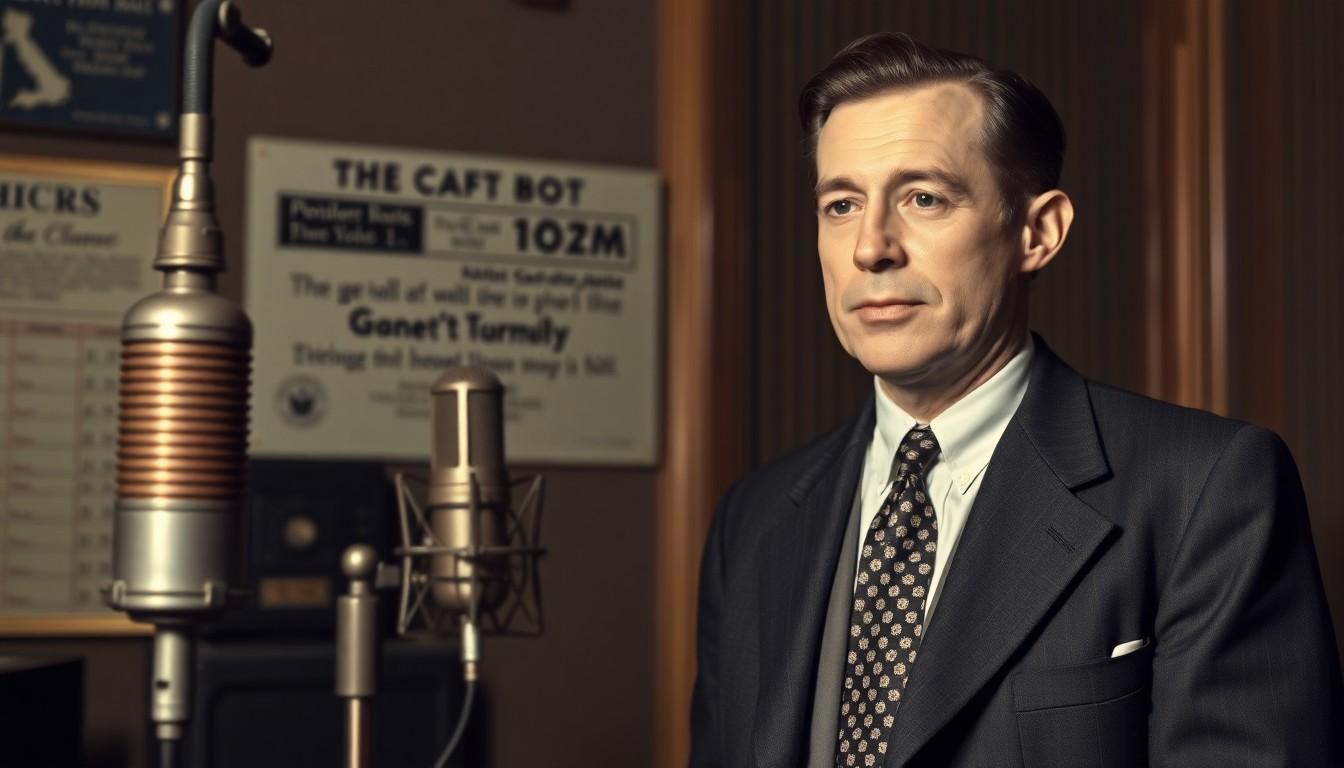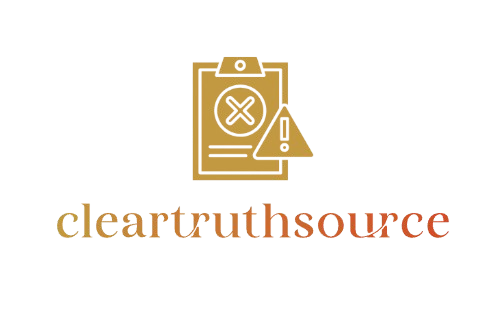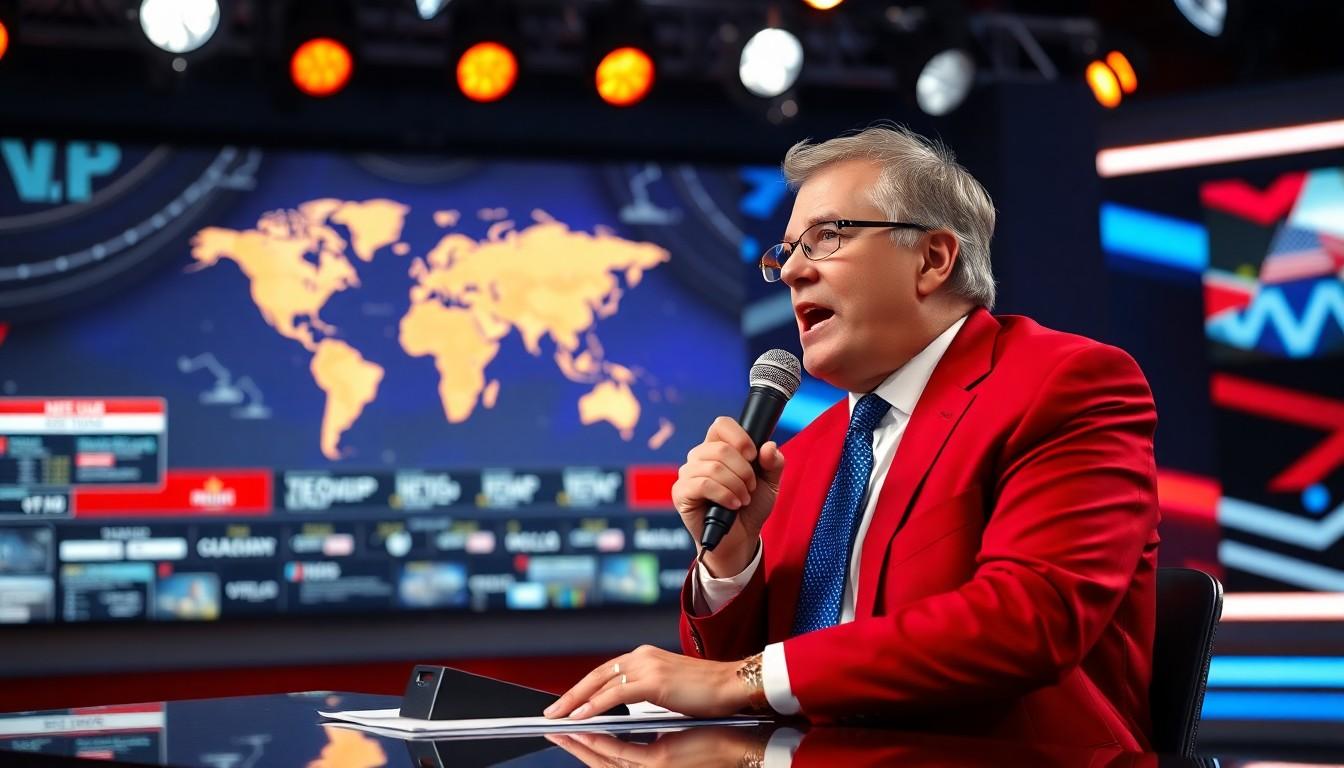Political commentators have a knack for turning the chaos of politics into compelling narratives that keep audiences glued to their screens. Whether they’re dissecting debates or sharing hot takes on social media, these voices shape public opinion and spark lively discussions. From the witty quips of seasoned veterans to the bold insights of rising stars, their perspectives can make even the most mundane policy sound like a blockbuster movie.
In a world where political news can feel overwhelming, these commentators serve as both guides and entertainers. They don’t just report; they engage, provoke thought, and sometimes even leave us chuckling at the absurdity of it all. Dive into the world of famous political commentators and discover who’s making waves, why their voices matter, and how they keep the political conversation vibrant and entertaining.
Overview Of Famous Political Commentators
Famous political commentators play a crucial role in shaping public perception. These individuals, recognized for their impactful analyses, engage audiences with unique perspectives on current events. Among them, names like Rachel Maddow, known for her articulate discussions on MSNBC, stand out. Similarly, Sean Hannity offers a conservative viewpoint, capturing attention on Fox News with his provocative commentary.
Consideration of emerging voices is also essential. Commentators like Pod Save America’s Jon Favreau bring fresh energy to political dialogue through podcasts. Their informal yet insightful conversations resonate with younger audiences, creating a vibrant online community.
Influence stems from their ability to break down complex issues. For instance, Fareed Zakaria enhances understanding of global politics by providing historical context on CNN. Each commentator presents their distinct style, whether through humor, in-depth reporting, or direct conversations that engage viewers.
Media platforms contribute significantly to their reach. Social media enables commentators to interact with followers, offering real-time insights and fostering dialogue. Engagement through tweets or live streams allows personalities like Trevor Noah to address political issues directly, making them more relatable.
Charisma often attracts audiences to their platforms. Tucker Carlson builds a loyal following on Fox News by mixing humor with sharp political critiques. Such combinations draw viewers in, ensuring they remain invested in the conversation.
The influence of these commentators extends beyond news. By shaping narratives, they stimulate public debate, encouraging civic involvement. As influential figures, their perspectives not only inform but also inspire action among viewers and listeners alike.
Historical Context

Political commentators serve as essential guides in the realm of public discourse. Their influence stems from historical precedents that shaped the way audiences consume political information.
Early Influencers
Print media’s rise in the 18th and 19th centuries introduced influential figures like Thomas Paine and William Cobbett. These early commentators used pamphlets and newspapers to critique government policy and influence public thought. Paine’s “Common Sense” galvanized colonists towards independence, demonstrating how commentary can mobilize action. With a combination of persuasion and clarity, these pioneers laid the groundwork for future commentators, emphasizing storytelling’s power in politics. They also highlighted the importance of accessible language, ensuring that even the common person could engage with complex issues.
Evolution Over Time
The advent of radio and television transformed political commentary significantly in the 20th century. Edward Murrow and Walter Cronkite became household names, bringing news into living rooms across America. Their broadcasts set standards for journalistic integrity and narrative engagement. As cable news emerged, commentators like Bill O’Reilly and Keith Olbermann captured vast audiences through opinion-driven formats. The digital age further accelerated this evolution, allowing commentators to reach global audiences through social media. Emerging platforms enabled voices like Jon Favreau to engage younger demographics effectively, reflecting the constant adaptation of political commentary to societal changes.
Notable Modern Commentators
Modern political commentators significantly impact public discourse across various media platforms.
Broadcast Journalists
Broadcast journalists, such as Rachel Maddow and Sean Hannity, command large audiences with their unique insights. They frame news stories, driving narratives that resonate with viewers. Coupled with engaging presentation styles, these commentators create an emotional connection, making complex topics accessible. Their nightly shows often feature expert interviews, allowing diverse perspectives to surface. The interplay between entertainment and serious analysis defines today’s broadcast journalism landscape. Significant trends emerge as these figures adapt to audience preferences, staying relevant in a rapidly changing media environment.
Print Commentators
Print commentators, including David Brooks and Maureen Dowd, provide deep analyses in influential newspapers and magazines. Articles crafted by these writers spark essential discussions on policy and society. Focusing on nuanced arguments, they tackle current events while maintaining a commitment to journalistic integrity. Their writings catalyze public understanding, encouraging readers to engage with challenging concepts. Regularly featured in high-profile publications, their perspectives often shape editorial stances. Additionally, they explore cultural implications behind political happenings, enhancing readers’ overall comprehension.
Online Influencers
Online influencers like Jon Favreau and Ana Navarro dominate digital platforms, engaging audiences with fresh viewpoints. Their social media presence allows them to reach younger demographics, fostering immediate interaction. Quick tweets and viral videos turn nuanced discussions into accessible content, generating significant discourse. These figures leverage algorithms to spread their messages widely, making them vital components of contemporary political dialogue. The immediacy of online communication enables influencers to respond to breaking news rapidly, shaping narratives in real time. Through engaging storytelling and humor, they connect with followers on a personal level, building loyal communities.
Impact On Public Discourse
Political commentators wield considerable influence in shaping public discourse. They not only inform but also inspire dialogue on complex issues that affect society today.
Shaping Political Opinions
Political commentators play a critical role in shaping public opinions. They analyze political events and present them in accessible formats. Rachel Maddow and Sean Hannity, for instance, interpret news through their distinct lenses, guiding audiences to understand various aspects of political developments. This framing creates a narrative that resonates with viewers, often swaying perspectives. Emerging commentators, such as Jon Favreau and Ana Navarro, engage younger audiences using social media, fostering discussions that reflect contemporary values and concerns. Their unique storytelling approaches help demystify intricate policies, making them relatable and relevant to everyday lives.
Effects On Elections
Political commentators significantly impact elections by influencing voter perceptions. Their coverage often highlights specific issues, shaping priorities within public consciousness. For example, televised debates showcase diverse viewpoints, allowing commentators to bring attention to critical topics. Sean Hannity and Rachel Maddow both attract large audiences, effectively mobilizing support for particular candidates or policies. Analysis provided by commentators often resonates during election cycles, guiding undecided voters through complex candidate platforms. Additionally, the rapid dissemination of information through social media amplifies their voices, accelerating discussions that may sway public opinion right before elections.
Conclusion
Political commentators wield significant influence in today’s media landscape. They not only report the news but also shape narratives that resonate with diverse audiences. By transforming complex political issues into engaging stories, these commentators foster public discourse and encourage civic involvement.
As they navigate the evolving media environment, their ability to connect with viewers—whether through traditional platforms or social media—remains crucial. The impact of their insights can sway public opinion and even influence electoral outcomes. Ultimately, their role in enhancing understanding and sparking dialogue on critical issues underscores the importance of informed commentary in a democratic society.

